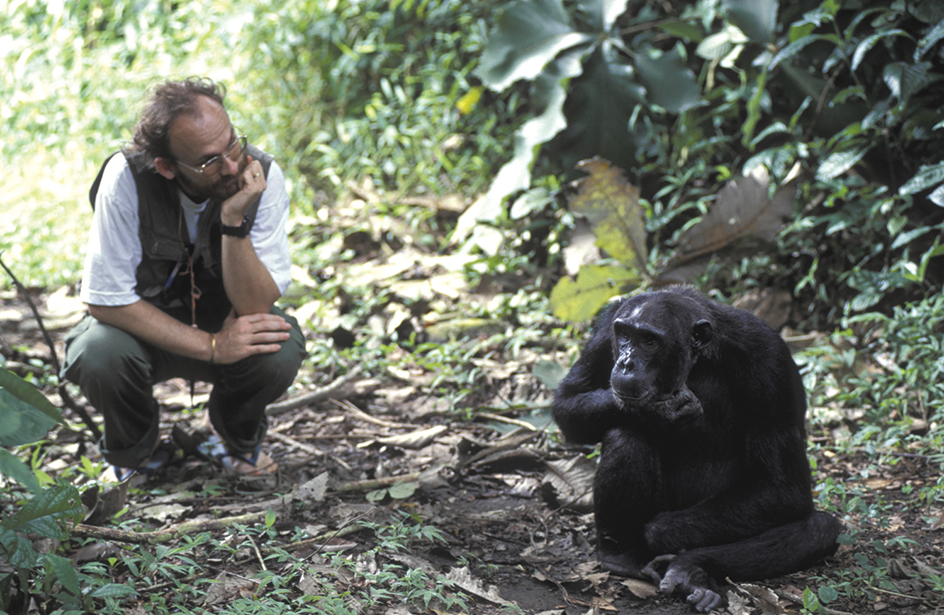Comparative psychology is the study of the similarities and differences in the behavior of living organisms. Comparative psychologists attempt to bring together a wide body of research findings to develop a comprehensive theory of animal behavior. A major goal of comparative psychology is to develop an ethogram (behavioral profile) of a species. The information gathered from an ethogram can be used to develop experiments to further understand the basis of behavior in animals.
Comparative psychologists often search for principles that can be applied to a wide variety of species. Research topics include questions regarding how animals learn, how they orient themselves in their environment, how species communicate, how they select mates, and why aggression occurs. In addition, comparative psychologists may study the intelligence of different species, how animals perceive the world, interactions of animals and human beings, and whether some species have cultural behavior, such as the ability to make and use tools.
Comparative psychology may also have practical applications. For example, researchers might work to develop training methods for zookeepers to help improve the quality of life for zoo animals. They may also investigate whether environmental pollution can affect the social systems of different animals.
Comparative psychologists use research methods common to zoology, biology, physiology, biochemistry, and psychology. They work to rule out differences in behavior caused by differences in motivation or the sensory abilities of their research subjects. For example, an animal that is hungry may behave differently from one that is not. The scientists study behaviors that may be learned, phylogenetic (the result of common evolutionary history among species), or ontogenetic (the result of common developmental stages).

The origins of comparative psychology can be traced to the writings of the ancient Greek philosopher and naturalist Aristotle. Modern comparative psychology is generally considered to have begun with the British naturalist Charles R. Darwin. Darwin compared human and animal behaviors in his book The Expression of the Emotions in Man and Animals (1872).
See also Darwin, Charles Robert; Ethology.
